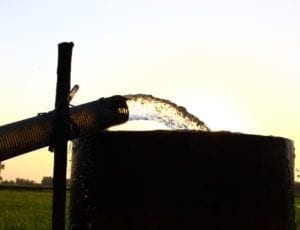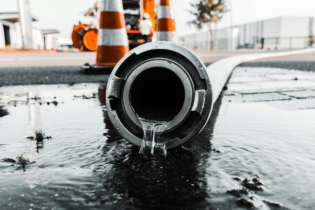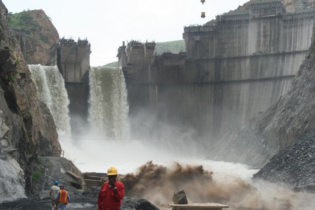Scientists say from University of Cape Town say that although Cape Town may have dodged Day Zero, water scarcity will become the ‘new normal’ and there is no way Capetonians can go back to using water as they did in the past.
Johan Enqvist and Gina Ziervogel of UCT’s African Climate and Development Initiative said in a paper published in the journal Wires Water that climate change projections pointed to a hotter future for Cape Town. It was also likely to be considerably drier. “Moving forward, it will need new, proactive strategies,” they said. According to the duo, the City of Cape Town now needs to go further than just looking for new water sources, but to look at making the governance of water inclusive and bring together Capetonians from all walks of life to get their input and perspectives on how decisions about water were made. Cape Town’s water crisis was triggered by a three-year drought that left dams with just 10% usable water. But through a joint effort by the government, residents and businesses, water consumption dropped massively, and household taps remained open until the 2018 winter rains replenished dams, they said.The water crisis was not only about not enough water, it was also often about a governance crisis, where institutions had failed to build resilience and adapt to changing conditions.
Speaking to News24, Ziervogel said in times when water was plentiful, no one really paid attention to water governance. “It is with things like severe drought, when water supplies are scarce, that water governance is thrown into the light. “Poor communication and a lack of trust contributed to a near-panic situation at the threat of Day Zero as dams almost ran dry in the first half of 2018.” If the City of Cape Town were to become more resilient against water scarcity in the future, it needed to engage with a wide spectrum of Capetonians early on, to build partnerships, to build trust and “to really hear their perspectives”.






